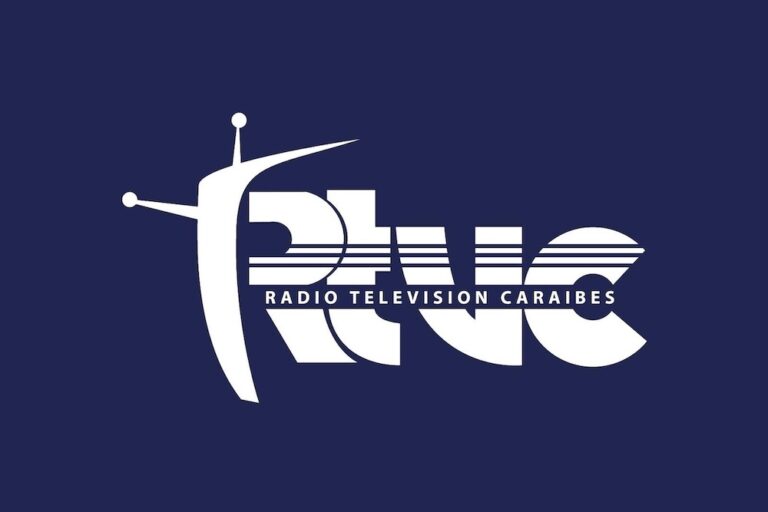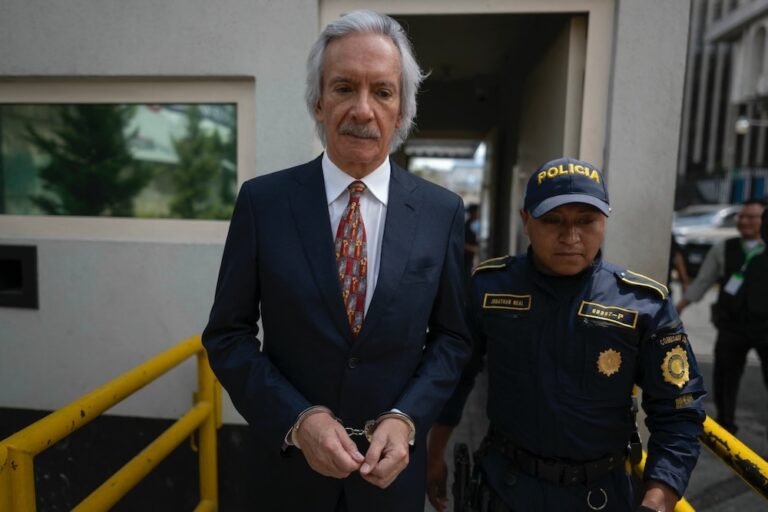The IFEX-ALC calls on members of the OAS Permanent Council, who will meet on 25 January 2012, to withdraw three specific recommendations proposed by a Special Working Group, which if approved could restrict the mandate of the Special Rapporteur for Freedom of Expression.
(IFEX-ALC/IFEX) – 11 January 2012 – The IFEX-ALC issued the following statement calling on members of the OAS Permanent Council, who will meet on 25 January 2012, to withdraw three specific recommendations proposed by a Special Working Group, which if approved could restrict the mandate of the prolific Special Rapporteur for Freedom of Expression.
The IFEX-ALC calls for the withdrawal of three recommendations referring to the mandate of the OAS Special Rapporteur for Freedom of Expression
In reference to the OAS Special Working Group to Reflect on the Workings of the IACHR with a view to Strengthening the IAHRS
Esteemed member of the Organization of American States (OAS) Permanent Council:
We, the undersigned members of the IFEX-ALC – an alliance of 16 organisations, members of the International Freedom of Expression Exchange (IFEX), based in Latin America and the Caribbean – take this opportunity to bring to your attention the significant achievements of the Office of the Special Rapporteur for Freedom of Expression of the Organization of American States (OAS):
* The Rapporteur actively promoted the decriminalisation of the crimes of slander and insult throughout the region, in particular “desacato” laws that protect public officials by criminalising expressions that offend them.
* Working together with civil society, the Rapporteur assumed a leadership role in the movement for greater transparency, which has had a number of successes.
* The Rapporteur shed light on the risks journalists face, particularly when reporting on organised crime, and has vigorously argued for the implementation of special protection measures for these media professionals.
* The Rapporteur has been fighting against impunity in relation to crimes against journalists.
* The Rapporteur has brought attention to indirect methods of censorship at the regional level, such as the arbitrary allocation of government advertising or the granting of radio and television broadcast licences.
As such, the IFEX-ALC takes note of the discussions in recent months within the OAS with regards to the Inter-American Human Rights System (IAHRS). In particular, we note with concern certain recommendations vis-a-vis the mandate of the Special Rapporteur for Freedom of Expression which are being considered by the OAS Special Working Group to Reflect on the Workings of the IACHR with a view to Strengthening the IAHRS. These recommendations will be debated during the next session of the OAS Permanent Council, on 25 January 2012. Rather than strengthening the role of the Rapporteur, these changes would actually diminish the impact of the mandate in the region.
Drawing on their experience of protecting freedom of expression in the region, the members of the IFEX-ALC respectfully suggest that you advise your government, an OAS Member State, that the following recommendations referring to the Rapporteur’s mandate should be withdrawn from consideration:
* The recommendation that the Rapporteur’s Office cease to publish on an annual basis its Special Report on the State of Freedom of Expression in the Americas. For more than 10 years, the findings of this report have been included in the Annual Report of the Inter-American Commission on Human Rights (IACHR).
We believe that the Rapporteur’s Annual Report is a fundamental tool for assessing the condition of free expression in the region and identifying challenges.
* The recommendation that the budget of all rapporteurs be equalised, but without increasing the funding provided to any Rapporteur’s Office. This would mean deducting funding specific to freedom of expression, which has the largest operational budget. This would impact on the type of activities the Office of the Special Rapporteur for Freedom of Expression will be able to carry out in the region.
* The recommended creation of a “code of conduct” implies greater state control over the different Rapporteurs’ Offices. Without a doubt, one of the rights one is granted under a democratic system is the freedom to express one’s self. Increasing state control over the Office of the Special Rapporteur for Freedom of Expression could limit its right to speak freely which would have a negative impact in the region.
We extend our sincerest regards and hope you will take into account our expressed concerns.
Sincerely,


